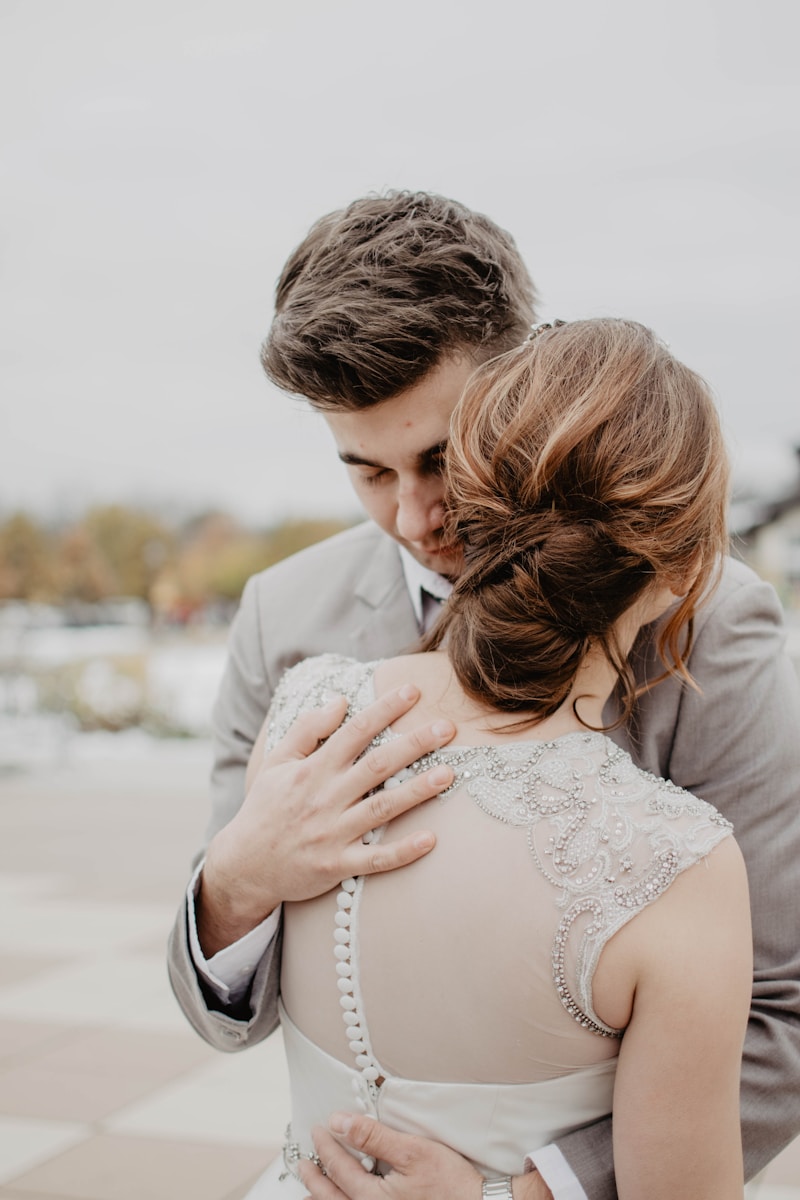Understanding the Nuances of Formal versus Informal Classic Wedding Styles
Understanding the Nuances of Formal versus Informal Classic Wedding Styles
Weddings are one of the most significant events in a person's life, and choosing the right style can set the tone for the entire celebration. Among the myriad options available, two distinct styles stand out: formal and informal Classic Weddings. This article will dive deep into the characteristics, pros, and cons of both styles, helping couples make an informed choice that resonates with their personality and vision for their big day.
What Defines Formal and Informal Classic Wedding Styles?
Before delving into the details, let's define what we mean by formal and informal Classic Wedding styles. A formal wedding is characterized by its elegance and grandeur, often featuring exquisite decor, upscale venues, and a structured itinerary. In contrast, an informal Classic Wedding leans toward a more relaxed atmosphere while still retaining elements of classic style.
Characteristics of Formal Classic Weddings
Formal Classic Weddings tend to embody sophistication and tradition. Here are some key characteristics:
- Venue: Typically held in grand locations such as ballrooms, country clubs, or historic estates.
- Attire: The bride often wears an elaborate wedding gown, while the groom dons a tuxedo. Guests are usually required to dress in formal attire.
- Guest List: Generally, the guest list is more extensive and includes family, friends, and sometimes even colleagues.
- Schedule: The wedding day follows a structured timeline, often including a cocktail hour, a seated dinner, and formal speeches.
Advantages of a Formal Classic Wedding
Some of the primary reasons couples opt for a formal wedding style include:
- Timeless Elegance: Formal weddings exude grace and are often seen as more sophisticated.
- Professional Vendors: The presence of professional vendors can enhance the overall experience, from catering to photography.
- Memorable Experience: The grandeur often leaves a lasting impression on guests, making for an unforgettable celebration.
Challenges of Formal Classic Weddings
While formal weddings have their allure, they also come with a few challenges:
- Cost: Hosting a formal wedding can be significantly more expensive due to venue, catering, and decoration costs.
- Pressure: There can be societal expectations to meet, which might lead to stress for the couple.
- Time Constraints: A structured format can leave little room for spontaneity.
Characteristics of Informal Classic Weddings
On the other hand, informal Classic Weddings incorporate a more casual approach while still embracing timeless elements. Here are their defining features:
- Venue: These weddings may take place in gardens, beaches, or intimate settings that radiate warmth.
- Attire: The bride might choose a simpler dress, and the groom could opt for smart-casual attire. Guests are often encouraged to dress comfortably.
- Guest List: The guest list is typically smaller, focusing on close family and friends.
- Schedule: Events can be more flexible and include relaxed activities that allow for socializing and fun.
Advantages of an Informal Classic Wedding
Couples often turn to informal weddings for various reasons, such as:
- Cost-Effective: These weddings can be more budget-friendly, allowing couples to allocate resources to other elements.
- Comfortable Atmosphere: A relaxed vibe can make guests feel more at ease and encourage mingling.
- Personal Touch: Informal weddings allow for unique personalization, from DIY decorations to casual dining options.
Challenges of Informal Classic Weddings
However, choosing an informal style can introduce its own set of challenges:
- Less Structure: A lack of formal structure can lead to confusion if not planned properly.
- Potential for Miscommunication: Guests may not understand the expectations regarding attire or behavior.
- Less Traditional: Some families might prefer a more traditional approach, which could lead to family disagreements.
Comparison Table: Formal vs. Informal Classic Weddings
| Aspect | Formal Wedding | Informal Wedding |
| Venue | Grand locations (ballrooms, historic estates) | Intimate settings (gardens, beaches) |
| Attire | Tradition (formal gowns and tuxedos) | Smart-casual or relaxed attire |
| Guest List | Larger, including extended family and colleagues | Smaller, close family and friends |
| Structure | Highly structured schedule | Relaxed and flexible timetable |
Common Questions About Wedding Styles
As couples consider various wedding styles, they often have additional related queries:
- How do you choose between formal and informal? Consider personal taste, budget, and the type of atmosphere you want to create.
- Can you combine both styles? Absolutely! Many couples merge elements from both styles to craft a unique celebration.
- What is the average budget for each style? Formal weddings can range from $30,000 to $100,000 and above, while informal weddings may cost between $10,000 and $30,000, depending on choices made.
Conclusion: Making the Right Choice
Ultimately, the decision between formal and informal Classic Wedding styles hinges on what feels right for the couple. Each style has its distinct characteristics, advantages, and challenges, and understanding these facets will aid in making an informed choice. It’s essential to consider personal preferences, budget constraints, and the overall vibe you want your special day to embody. Remember, regardless of the chosen style, the most important aspect is celebrating love and commitment in a way that feels authentic to you.
Final Suggestions: Take the time to discuss your vision with your partner and consider what will make both of you happiest. Hiring a wedding planner can also help in ensuring the logistics of your chosen style go smoothly, allowing you to focus on enjoying your day. Dive into planning with an open heart, and most importantly, have fun!

